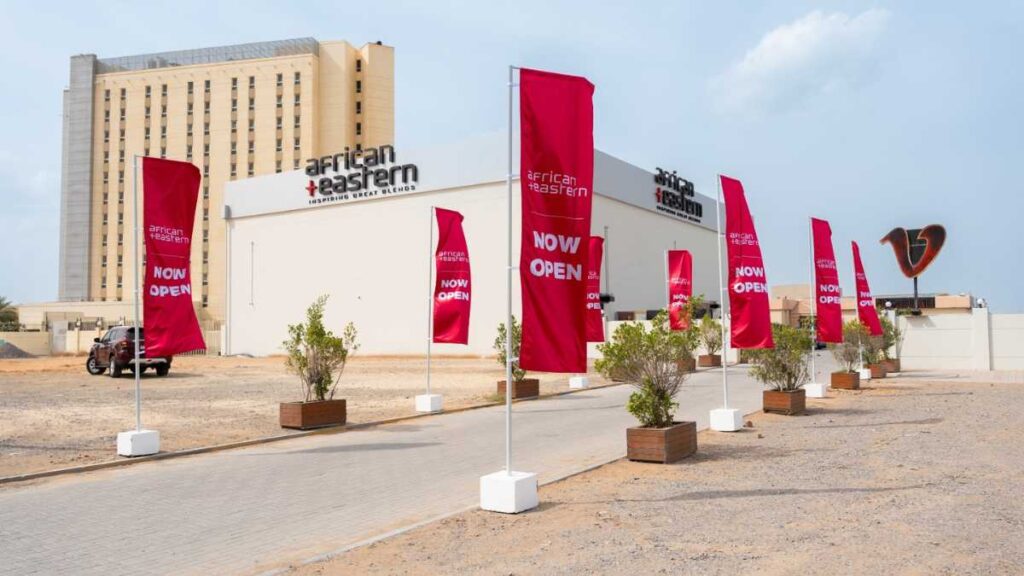What is RAK ICC?
RAK International Corporate Centre (RAK ICC) is a Corporate Registry located in Ras Al Khaimah, in the United Arab Emirates. RAK ICC manages all aspects of registration and incorporation of International and Offshore businesses in Ras Al Khaimah.
RAK International Corporate Centre is the consolidation of two company registries in Ras Al Khaimah; namely RAK International Companies (formerly a part of RAK Free Trade Zone) and RAK Offshore (formerly a part of RAK Investment Authority). RAK International Corporate Centre (RAK ICC) was formed as per the Decree No.12 of 2015 and as amended by Decree No.4 of 2016.
RAK International Corporate Centre is responsible for the registration and incorporation of International Business Companies, as well as providing a full suite of Registry services related to International Business Company activity. RAK International Corporate Centre is a modern, world-class Company Registry operating in full compliance with international standards and best practices in the International Business Company formation industry.
RAK ICC is located 45 minutes drive from central Dubai and is a European Union Economic and Financial Affairs Council (ECOFIN) whitelisted offshore jurisdiction with the ability to meet Economic Substance Regulations (ESR). RAK ICC jurisdiction has zero tax on Corporate Income, Capital Gains, Dividends, and Interest Income. It provides access to Common Law legislation through access to the common law courts in Abu Dhabi Global Markets (ADGM) and Dubai International Finance Centre (DIFC).
The registration process in RAK ICC is fast and relatively cost-effective. RAC ICC also allows re-domiciliation, migration & continuation from various other offshore jurisdictions. There is no minimum capital requirement to set up in RAK ICC.
Which company structures can be registered and incorporated in RAKICC?
There are 5 types of company structures that can be incorporated by RAK ICC. They are:
- A Company Limited by Shares
- A Company Limited by Guarantee
- A Restricted Purposes Company
- A Segregated Portfolio Company
- An Unlimited Company
A Company Limited by Shares
The term “Limited by shares” refers to the fact that the liability of the shareholders to the company’s creditors is limited to the capital initially invested. This means that in the event of the company’s insolvency, the shareholders’ assets are protected.
In the company’s Memorandum of Association (MOA) there must be a clear mention of:
- the maximum number of shares that the company is authorised to issue or that the company has chosen to issue an unlimited number of shares.
- The types of shares that the company is authorised to issue and the rights, privileges, restrictions and conditions pertaining to each.
This type of company structure must always have in place at least one director and one shareholder. Shares in the company can be held by more than one person, as such, joint ownership is recognised but must be clearly stated in the company articles.
A Company Limited by Guarantee
These types of companies are often chosen by non-profit organisations, such as sports clubs, workers’ co-operatives and membership organisations. They must use the suffix “Limited” or Incorporated” in the entity name or the abbreviation “Ltd” or Inc”.
They do not have any shares or shareholders but are owned by guarantors who agree to pay a fixed amount towards any debts the company incurs because owners of these entities prefer to have the benefit of limited financial liability.
In RAK ICC, the structure differs in that the company can choose to issue shares. However, irrespective of whether or not shares are issued, at least one of the participants in the company must be a guarantee member and in the event that the company ceases operations, the guarantors must contribute a nominal sum.
The liability of a guarantor is limited to:
- The amount that the guarantor has agreed to contribute, as set out in the company’s memorandum and Articles of Association (AoA).
- Any other liability specified in the memorandum or AoA.
A Restricted Purposes Company
As the name suggests, a restricted purposes company is created for one specific business activity and may only carry out that one predefined activity.
This type of company structure is appropriate in situations where it makes sense to limit corporate capacity or for a company to have the comfort of only engaging in specific activities.
The limitation of company activities must be clearly stated in the company’s memorandum and is legally binding for the company, shareholders and directors.
A Segregated Portfolio Company
Segregated portfolio companies (SPC’s) have several uses but are most frequently used with collective investment schemes as umbrella funds, in the establishment of captive insurance companies and occasionally as asset holding vehicles.
This type of structure allows for the segregation of different types of assets and liabilities from each other and negates the need to form multiple companies under a single holding company.
An Unlimited Company
The flexibility of this type of company is that it can be incorporated without share capital. However legal liability of its members or shareholders is not limited, meaning that they have a collective obligation to settle any outstanding financial liability in the event of liquidation of the company.
There are several reasons why an unlimited company may be preferable to an alternative business model, such as:
- The need for discretion concerning financial affairs. An unlimited company is not required to publicly divulge its financial statements. This can protect it from public, media or competitor scrutiny.
- When the company is doing business in an area where limited liability is not acceptable, required or practical.
- Providing increased confidence to creditors when compared to its limited company counterpart.
- The existence of very little risk of insolvency for creditors.
- When the company has sufficient finances to negate the need to approach lenders.
Contact and Location of RAK ICC
RAK International Corporate Centre,
Floor 8, RAKBANK Headquarters,
Ras Al Khaimah, United Arab Emirates
Phone: +971 7 207 7177
Email: info@rakicc.com, business@rakicc.com
Website: www.rakicc.com












